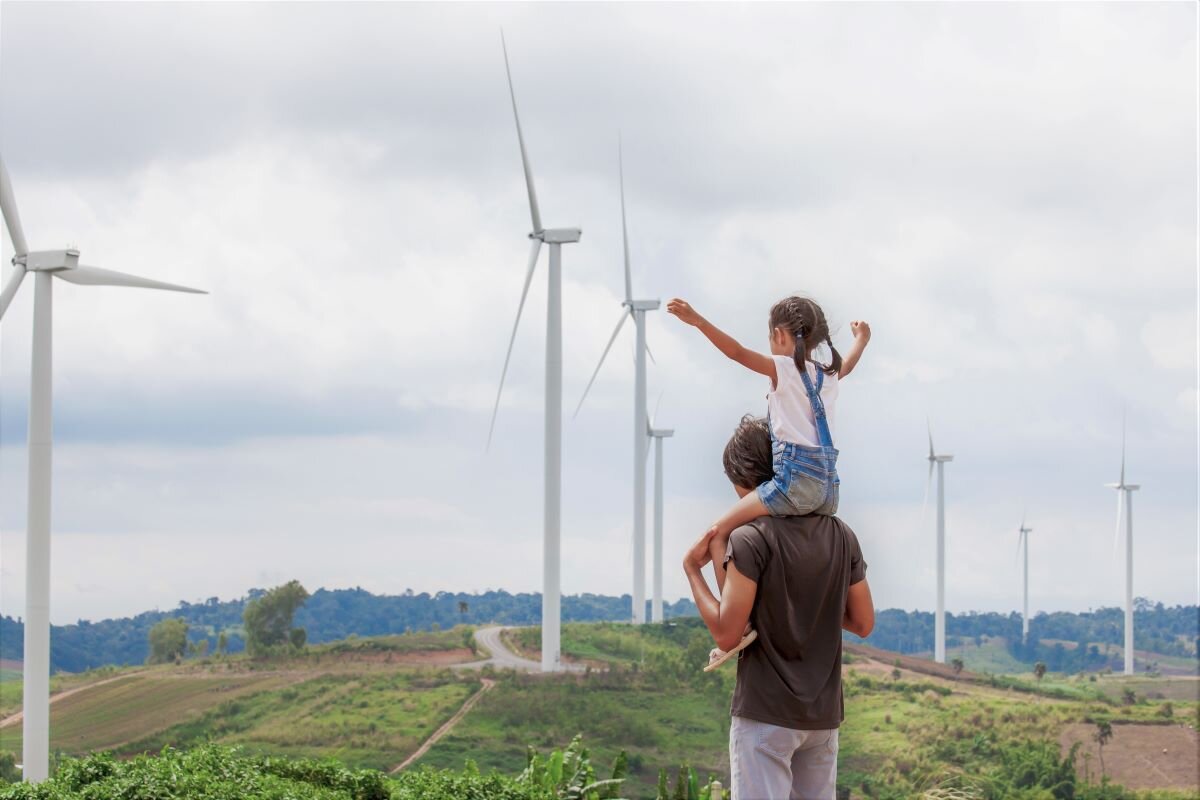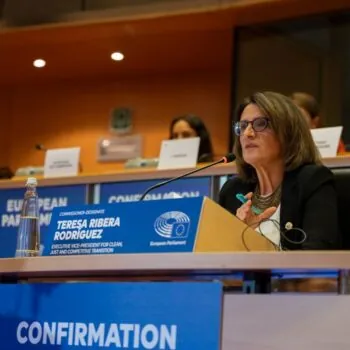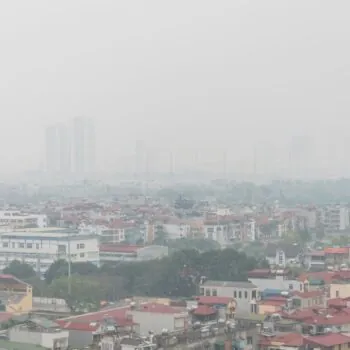The old model of transition governance has been ineffective in promoting social cohesion. To successfully address the societal challenge of rapidly shifting away from fossil fuels, the new model will need broadened ownership. Doing so will ensure that citizens, in particular the most vulnerable, have the agency – and avenues – to co-design and deliver the clean energy transition.
Social cohesion has visibly frayed across Europe with the prolongation of the COVID-19 pandemic, which saw socio-economic inequalities worsen and social divides deepen. The current energy price crisis, compounded by the war in Ukraine, risks fracturing our societies even further. Already, mass protests are being staged across the continent and politicians are warning of social unrest.
While necessary in facilitating urgent action, relying on interpersonal solidarity alone will not be enough.
And yet, social movements have kept the climate agenda relevant amid multiple intersecting crises. Public support is evident through petitions to stop gas, freeze for peace and calls for a day against gas. Sensing this public mood, the International Energy Agency (IEA) has encouraged a change in consumer behaviour to reduce gas demand.
While necessary in facilitating urgent action, relying on interpersonal solidarity alone will not be enough. To begin with, there is some trepidation that the solidarity wave may eventually exhaust itself. Moreover, the 80 million Europeans who are living in energy poverty cannot afford to contribute to efforts that worsen their own precarious situation.
To be delivered successfully with the necessary societal buy-in, the EU needs a long-term clean energy transition strategy centred on broadened ownership.
The EUCO summit of 24-25 March and the REPowering the EU communication focussed strongly on energy independence, with a modest attempt to shield vulnerable consumers from price shocks in the short term. This included tasking the Commission and Council with exploring further possibilities to respond to the energy and electricity price shock. No commitment was made, however, to empower all affected citizens in the long term.
To be delivered successfully with the necessary societal buy-in, the EU needs a long-term clean energy transition strategy centred on broadened ownership. While short-term support measures may temporarily help avert protests and diffuse social tensions, a strategic vision and pathway would merge social and green agendas for a fair, inclusive transition to climate neutrality.
The Social Climate Fund should be the primary vehicle to enable the meaningful engagement of all affected stakeholders.
The Fit for 55 (FF55) package serves as a good starting point. Robust climate governance and national ownership are already regarded as being pivotal to its success. Nonetheless, evidence, including from the latest IPCC report, continues to mount that these governance structures should not only be multilevel – ensuring consistency across national, regional, and local levels – but also more inclusive.
- Equity and justice are central to the above form of inclusive governance, which includes participatory scenarios planning, capacity building, and meaningful participation of the most vulnerable and marginalised groups. With policy negotiations on the various FF55 policy files still ongoing, there remains a window of opportunity to embed inclusive governance and engagement in the package, in the vein of the Effort Sharing Regulation (ESR) Compliance Rules.
- As the sole social offer in FF55 package, the Social Climate Fund should be the primary vehicle to enable the meaningful engagement of all affected stakeholders. To unlock this Fund, Member States will need to draw up Social Climate Plans. However, civil society has raised concerns regarding existing national consultation processes and their lack of fair representation. To prevent this from happening, a strict conditionality to co-design, implement, and monitor Plans together with local governments, civil society, social partners, and citizens should be established.
- The Energy Efficiency Directive (EED) recast acknowledges the potential of citizen energy communities in protecting vulnerable consumers. It should go further to necessitate an assessment of how these groups have been enabled to participate in these communities.
- Similarly, the network of experts that Member States are required to establish in supporting energy poverty-related decision-making in the EED recast proposal should include vulnerable citizens in recognition of the expertise of lived experience. This would accordingly empower citizens to shape the decisions that affect their future well-being.
The above steps will require support – in terms of finance, human resources, and trusted local information points. Such provisions will also need to be made bolder and stronger. Together, they will help build a long-standing public mandate for the clean energy transition while mending the EU’s social fabric, stitch by stitch.


